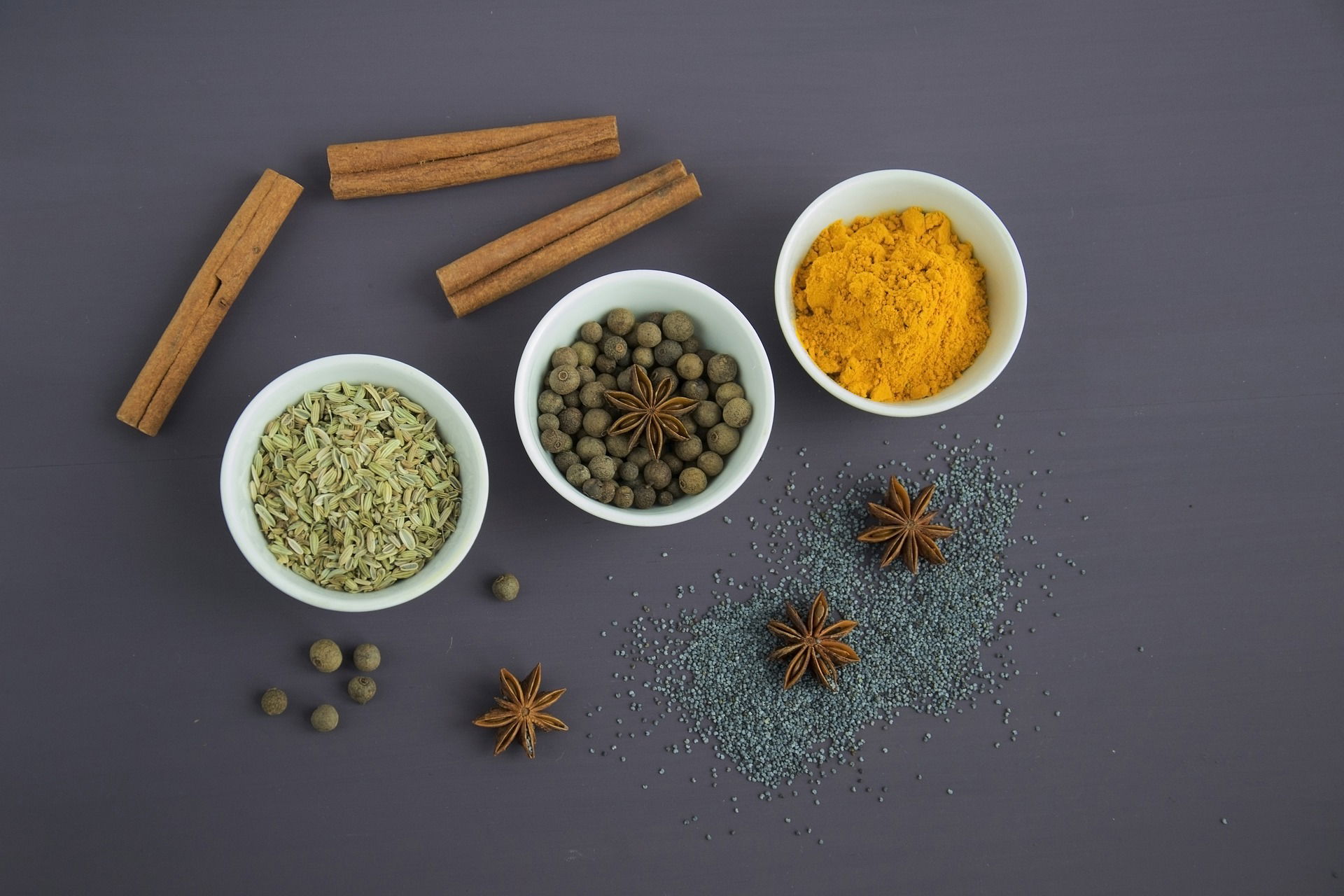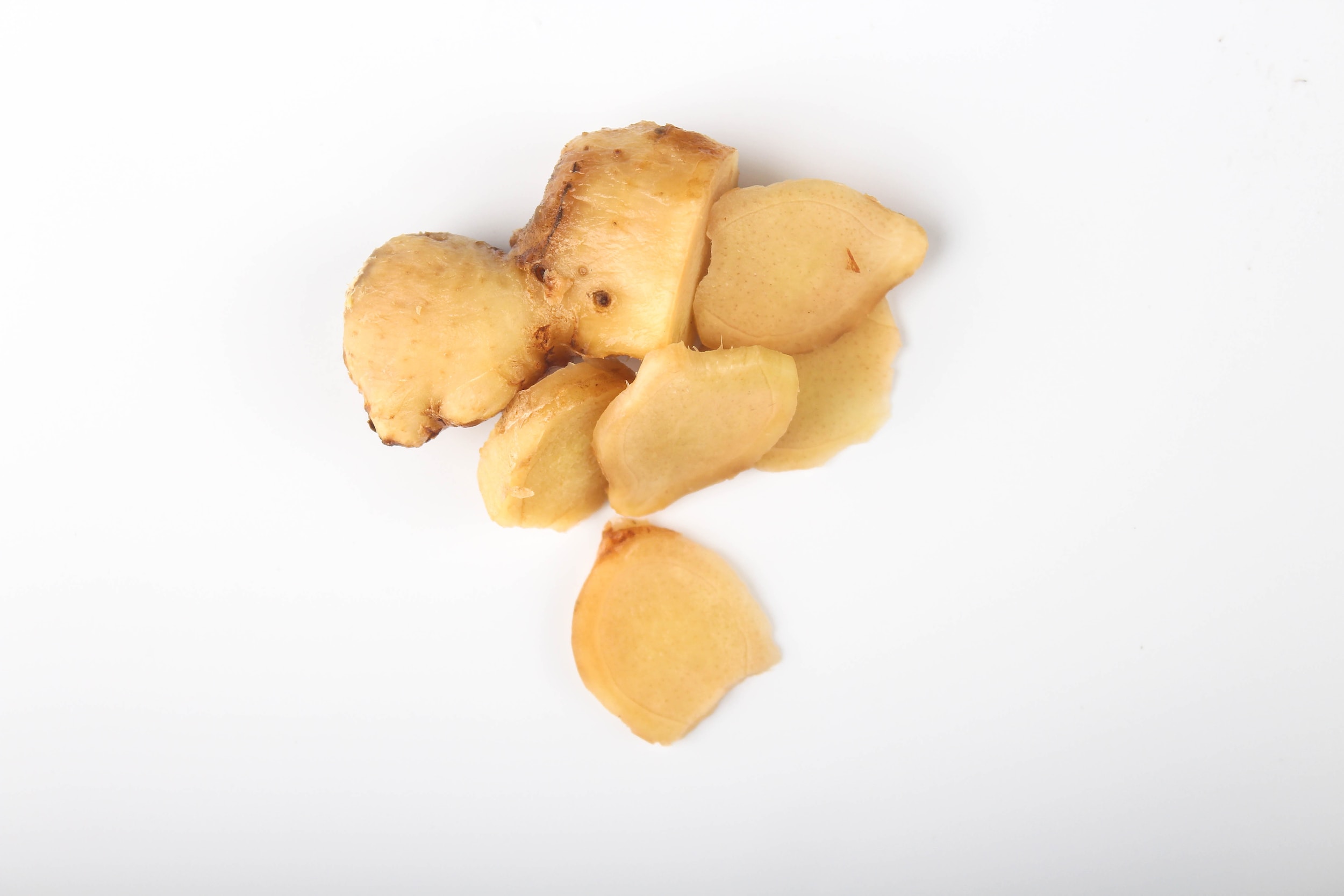15 Benefits of Fresh Ginger That'll Make You Start Eating It Everyday
1. Introduction
Ginger is a popular spice with a long history of use in various cultures. It is made from the fresh or dried root of the plant Zingiber officinale. Ginger has a distinct, sharp flavor and is used in both sweet and savory dishes. It is a popular ingredient in Asian cuisine and is also used in Western dishes such as gingerbread and ginger snaps. Ginger is available year-round in most supermarkets. It can be purchased fresh, dried, or ground into powder. This spice has numerous health benefits and is used as a remedy for a variety of ailments.
Below are 15 benefits of fresh ginger that will make you start eating it every day!

2. Fresh ginger is a powerful anti-inflammatory
Fresh ginger is an incredibly powerful anti-inflammatory. Numerous studies have found that its active components, gingerols, are effective at reducing inflammation and offering pain relief. Gingerols are shown to be much more effective than conventional anti-inflammatory drugs, such as ibuprofen and aspirin.
One study found that gingerols were able to reduce inflammation as effectively as a commonly prescribed medication. Fresh ginger has also been found to offer relief for arthritis, asthma, and other inflammatory conditions. For those living with chronic pain and inflammation, incorporating fresh ginger into the diet may help to alleviate symptoms.
3. Fresh ginger can help relieve nausea
Fresh ginger is a well-known remedy for nausea. It works by calming the stomach and suppressing the urge to vomit due to its active chemicals, gingerols. Numerous studies have found that ginger can help to reduce nausea related to seasickness, cancer treatment, pregnancy and general discomfort. A meta-analysis of eight trials found that the administration of 2 to 4 g of ginger can reduce both the severity and duration of nausea. The study also concluded that ginger was better at relieving nausea than a placebo or vitamin B6 supplements. It can be taken in a variety of ways to help treat nausea, including ginger tea, ginger capsules, and fresh ginger root. For best results, it should be taken 30 minutes before activities that may trigger nausea, such as traveling and taking medications.

4. Fresh ginger can help boost your immune system
Fresh ginger is a great way to boost your immune system. This is because it is full of antioxidants. A study found that its active compounds had higher antioxidant activities than vitamin C. These compounds are believed to help fight oxidative damage and protect cells from damage by free radicals.
Ginger may also have anti-bacterial and anti-inflammatory properties. It has been used to help fight bacterial and viral infections including the common cold. A few studies have showed the ginger can help reduce the duration and intensity of symptoms of the common cold. Fresh ginger can be grated into salads, stir-fries, smoothies, soups and stews. It can also be used to make ginger tea and ginger ale.
5. Fresh ginger has anti-tumor effects
Fresh ginger has been found to have a number of anti-tumor effects. Studies have found that compounds in ginger have anti-mutagenic, anti-carcinogenic, and anti-metastatic properties. A few studies have shown that components of fresh ginger can help to protect DNA, inhibit tumor growth, protect against free radical damage, and balance hormones.
It can even inhibit the growth of cancer cells and reduce the risk of developing certain types of cancer. As a result, fresh ginger has the potential to be used as an adjuvant to traditional cancer treatments. This means it can enhance the effectiveness of traditional treatments. Additionally, ginger has been shown to regulate cellular metabolism, reduce levels of inflammation, delay cell cycle progression, and induce cell death in cancer cells.

6. Fresh ginger can help fight infections
Fresh ginger has powerful antibacterial and antiviral properties. It has been used to combat different types of infections, including sore throat, ear infection, and sinus infection. Studies have found that components of fresh ginger can help to fight off infections by inhibiting the growth of certain strains of bacteria, such as Enterococcus faecalis, Helicobacter pylori, and Pseudomonas aeruginosa.
Fresh ginger can also help boost the immune system and therefore fight off infections. In fact, it can help to reduce fever, soothe a sore throat, and reduce the intensity and duration of colds. It has been found to be effective against certain types of fungi, including Candida albicans. Fresh ginger can even help to reduce inflammation in the body, which may help to fight off certain infections.
7. Fresh ginger can help improve brain function
Fresh ginger has the ability to improve brain function. Studies have found that it can help to reduce age-related cognitive decline and improve overall mental focus and clarity. Fresh ginger can improve the functioning of various brain regions and modulate neurotransmission. Studies have found that supplementing with ginger can help to reduce anxiety and boost overall mood. It has also been found to reduce fatigue and improve alertness.
It has been shown to be beneficial for Alzheimer’s disease, depression, and even schizophrenia. Ginger can help to reduce inflammation in the brain, which can lead to better brain function and less cognitive decline.
8. Fresh ginger can lower your risk of heart disease
Fresh ginger has also been found to have a positive effect on vascular health. Studies have found that regular consumption of ginger can help to lower levels of low-density lipoprotein (LDL) – often referred to as “bad” cholesterol. This can lead to a decreased risk of heart disease. A number of studies have explored the effects of ginger on LDL levels.
It has been found to decrease levels in both healthy participants and those with existing cardiovascular problems. It is believed that ginger can reduce cholesterol levels by increasing the excretion of bile acids, which are necessary for the digestion of dietary fat. Ginger also improves circulation, lowers blood pressure, and decreases the risk of forming blood clots. All of these elements combined can help to reduce the risk of cardiovascular disease and other health problems associated with the circulatory system.

9. Fresh ginger can help ease menstrual pain
Fresh ginger has long been used to ease the pain of menstruation. Studies have found that ginger can reduce the intensity of menstrual pain. It is believed that ginger reduces menstrual pain by changing how the body processes prostaglandins – hormones that cause pain cramps and discomfort associated with the menstrual cycle. Fresh ginger can help with morning sickness as well, which is a common side effect of pregnancy.
It helps to ease this problem by reducing inflammation in the gut and increasing acid secretion. This helps to reduce nausea and vomiting. Ginger has also been studied for its ability to reduce hot flashes. Hot flashes are uncomfortable sensations of heat that occur in women during menopause. Studies have found that ginger can reduce the frequency and intensity of hot flashes by regulating body temperature and decreasing inflammation.
10. Fresh ginger can help relieve indigestion
Fresh ginger has long been known to help relieve indigestion. It helps to ease upset stomach, reduce bloating, and eliminate heartburn. These benefits are due to ginger’s ability to increase the production of digestive juices and reduce inflammation. This can help move food through the digestive tract more easily and allows the body to get the nutrients it needs. Fresh ginger can also help to soothe an irritable bowel syndrome (IBS).
IBS is a disorder that is characterized by abdominal pain, cramping, bloating, and changes in bowel movements. The anti-inflammatory properties of ginger can reduce abdominal pain. Additionally, ginger is thought to block certain signals in the brain that can cause nervous system dysregulation, which can cause IBS symptoms. If you suffer from indigestion or IBS, fresh ginger may be a great natural remedy to help relieve your symptoms. Be sure to talk to your doctor before trying fresh ginger to make sure it is safe for you.

11. Fresh ginger can help you lose weight
Fresh ginger can also help to aid in weight loss. It helps to stimulate digestion and boost the metabolism. This can help the body burn calories more efficiently and aid in weight loss. Additionally, ginger helps to suppress appetite and reduce cravings for unhealthy foods. This can result in eating less throughout the day and eating healthier foods. Studies have shown that people who consumed fresh ginger lost more weight than those who did not.
Additionally, ginger can help to reduce belly fat, which is associated with an increased risk of heart disease, stroke, and other conditions. Fresh ginger can help with weight loss in a variety of ways. Add some fresh ginger to your smoothies, stir-fry dishes, teas, and more to help boost your metabolism and curb your appetite. Remember to talk to your doctor before incorporating fresh ginger into your diet.
12. Fresh ginger can help protect against radiation
Fresh ginger has been found to have powerful antioxidant and anti-inflammatory properties, which can help protect against radiation. It has been demonstrated to protect the body from radiation-induced DNA damage and oxidative stress. Studies have shown that ginger can help to protect the body from radiation-induced biochemical changes in the liver and spleen, as well as from radiation-induced genetic damage.
Additionally, ginger can help protect the body from the harmful effects of radiation therapy. Additionally, its anti-inflammatory properties may help to reduce inflammation that can be caused by radiation. Consider adding some fresh ginger to your smoothies, teas, and stir-fry dishes to help protect your body from radiation. Talk to your doctor before integrating ginger into your diet.

13. Fresh ginger can help lower cholesterol
Fresh ginger has been found to lower cholesterol levels in the body due to its phytochemicals and antioxidant compounds. In one study, when mice were given a form of ginger to consume, their total cholesterol and triglyceride levels decreased significantly. Other studies have noted that regular consumption of ginger can reduce bad cholesterol levels and increase healthy cholesterol levels. The high levels of dietary fibers found in ginger can also help reduce cholesterol levels.
Ginger helps increase the removal of bile acids from the body, which then helps reduce the cholesterol that is reabsorbed. As a result, cholesterol levels in the body can be reduced significantly. By adding it to your diet, you can enjoy the many benefits of fresh ginger, including improved cholesterol levels. Consider adding it to your favorite dishes, such as curries and stir-fry dishes.
14. Fresh ginger can help prevent cancer
The is some evidence that fresh ginger provides protection from certain cancer types, especially colorectal cancer, pancreatic cancer, ovarian and breast cancers. It has been suggested that gingerol anticancer activity and inhibits the proliferation of cancer cell types.
A study published in PloS one found reduced tumor growth of pancreatic cancer cell due to the consumption of ginger extract.
Additional studies are required to confirm the implication of ginger in preventing cancer.
15. Fresh ginger can help improve memory
Ginger consumption actively can help improve memory and cognitive functions, as well as the risks associated with neurodegenerative diseases, such as dementia, Alzheimer's diseases, and Parkinson's diseases.
Although ginger is relatively safe and recommended for many complaints such as these (10 claimed benefits of ginger), it is a potent herb that acts pharmacologically so maybe unsuitable for some people.
Always consult your doctor before taking any supplements, such as ginger to see if they are safe for you.
